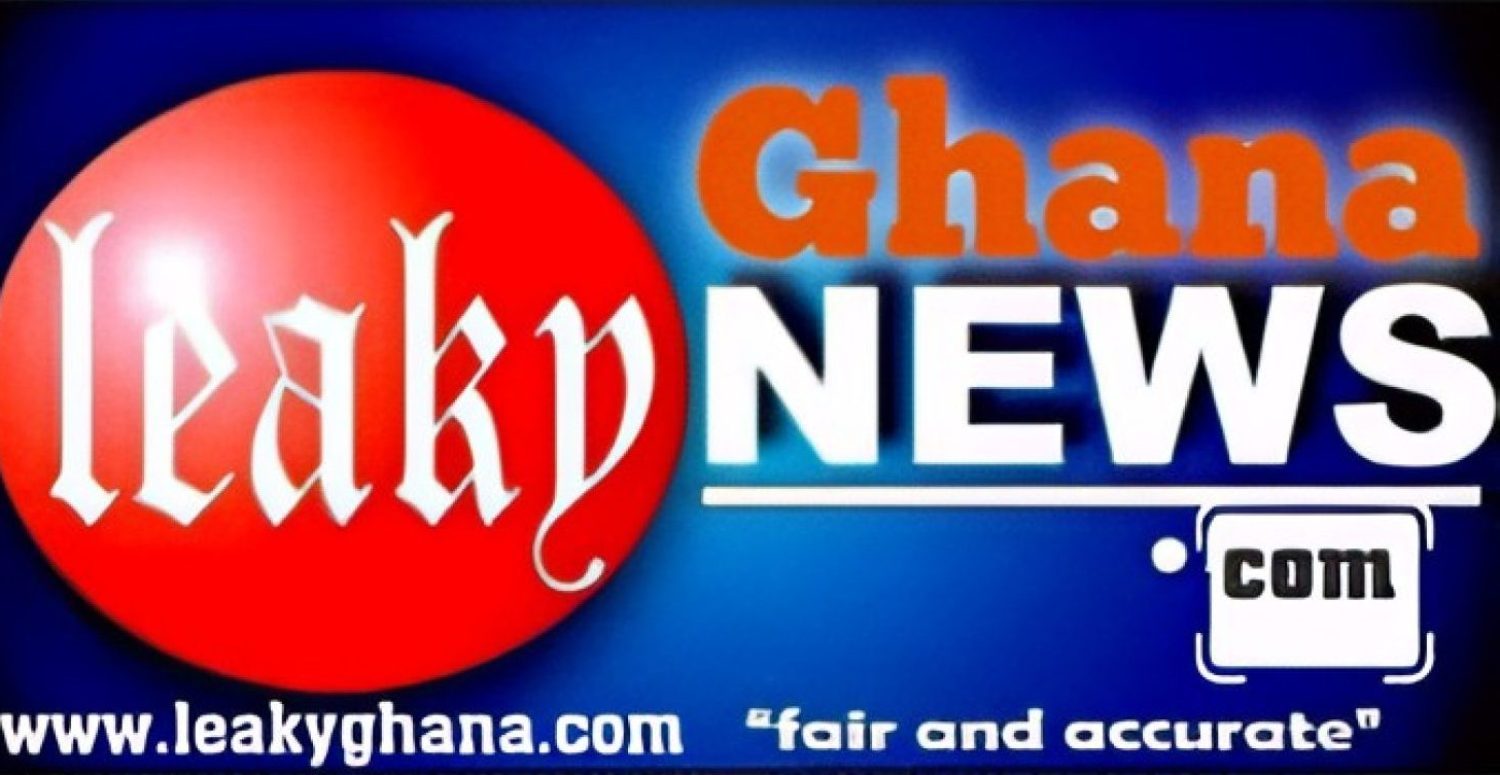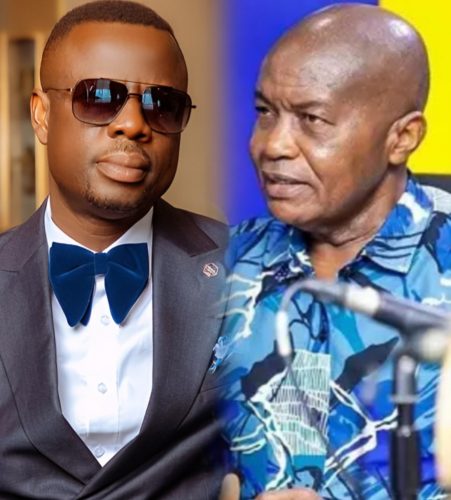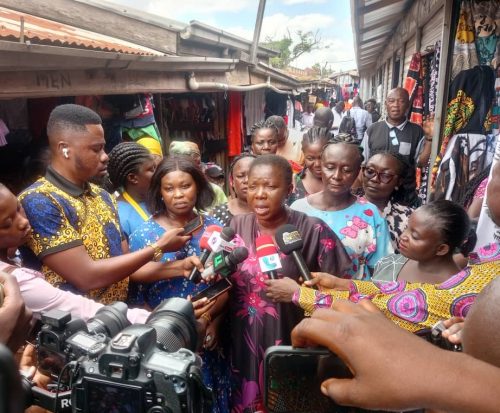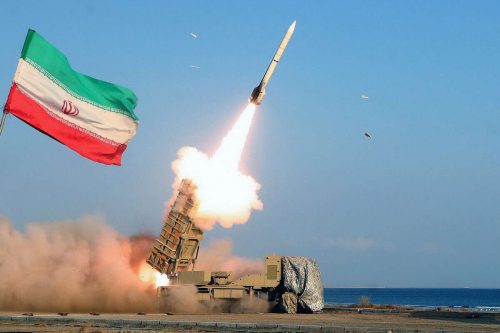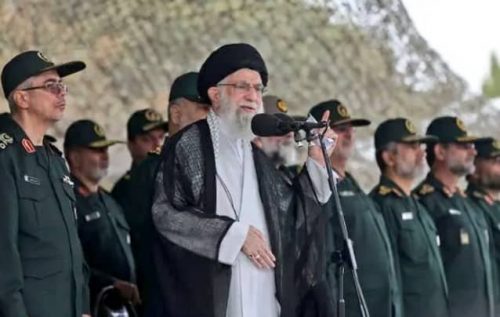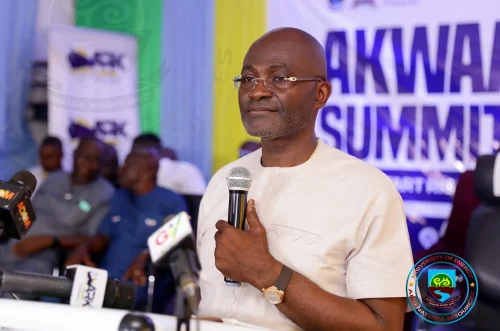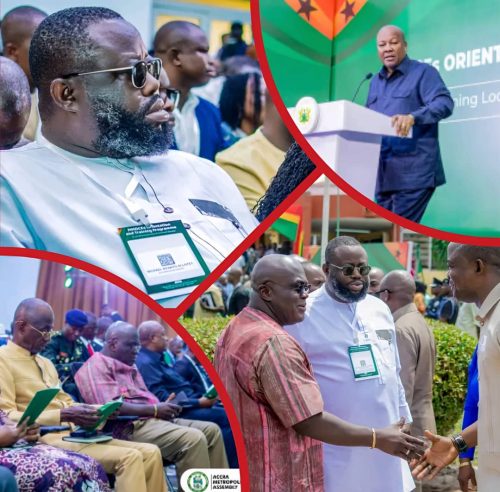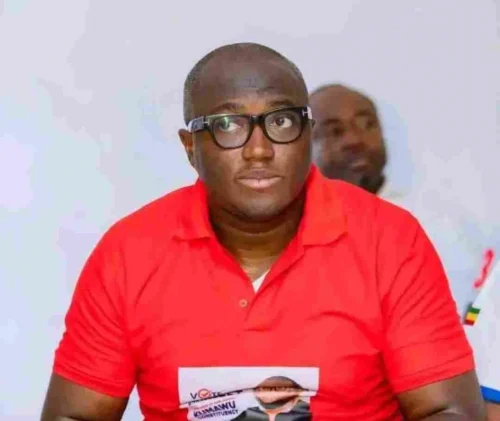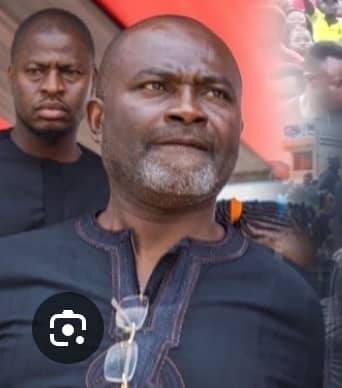
By Hon. Prince Adjei-Guy Gee
On the Bohobio Show on Hello FM, Kumasi, this past Monday evening, Dr. Samuel Adu-Gyamfi, an Applied Historian and Vice Dean of the Faculty of Social Sciences at Kwame Nkrumah University of Science and Technology (KNUST), offered a critical historical analysis of the New Patriotic Party’s (NPP) tradition of presidential candidate selection.
His submission followed remarks made by Hon. Kennedy Ohene Agyapong during an interaction with NPP supporters after the funeral of the late Daasebre Osei Bonsu, the Paramount Chief of Mampong.
While not a formal address, Hon. Agyapong used the moment to educate the grassroots on how the NPP has historically selected its flag bearers, especially when it comes to offering a second opportunity only to those who performed creditably in national elections.
Ken Agyapong’s Historical Insight
Hon. Agyapong argued that since 1992, the NPP has not allowed flag bearers with poor electoral performances to return as candidates. His message: the party should uphold that tradition if it hopes to reclaim power in 2028.
He cited Professor Albert Adu Boahen, the NPP’s first flag bearer in the 1992 general elections, who lost to Jerry John Rawlings with 30.29% of the vote against Rawlings’ 58.40%.
Due to this underwhelming result and internal party sentiments, Adu Boahen was not retained for the 1996 elections.
Instead, the mantle passed to John Agyekum Kufuor, who contested in 1996 and secured 39.62% of the national vote—a significant improvement.
Though Kufuor lost to Rawlings (who polled 57.37%), he was given another opportunity and went on to win the 2000 elections with 48.17% in the first round and 56.90% in the second round against Professor John Atta Mills.
Dr. Adu-Gyamfi’s Scholarly Assessment
Dr. Adu-Gyamfi affirmed that Hon. Agyapong’s historical claim is accurate, explaining that electoral performance has consistently shaped the party’s flag bearer decisions.
In 2008, Nana Addo Dankwa Akufo-Addo, contesting for the first time, garnered 49.13% in the first round but lost the run-off to Professor Mills, who polled 50.23%. Despite the narrow defeat, Nana Addo was retained for 2012, where he obtained 47.74% against John Mahama’s 50.70%. Amid controversy over the results, the party challenged the outcome in court.
Despite the court ruling against the NPP, Akufo-Addo’s performance was strong enough to warrant a third run in 2016, when he convincingly defeated the incumbent with 53.85%, compared to John Mahama’s 44.40%.
2024: A Marked Decline and Strategic Warning
Dr. Adu-Gyamfi pointed to the 2024 general elections as a sharp deviation from historical performance for the NPP. Though official figures are yet to be fully archived in academic databases, media projections and certified regional tallies show the NPP suffered notable losses, including:
• In the Ashanti Region, the NDC secured over 36%, a record high in the NPP’s traditional stronghold.
• In the five northern regions, the NPP saw dwindling support, losing ground in constituencies it previously held.
• The Zongo communities and Muslim vote swung heavily toward the NDC, fueled by perceptions of neglect and unfulfilled promises.
According to Dr. Adu-Gyamfi:
“These outcomes reflect an abysmal national performance, and if the NPP wants to reclaim power in 2028, the choice of flag bearer must not be sentimental—it must be strategic and grounded in electoral appeal.”
Evolving Ghanaian Electorate
Dr. Adu-Gyamfi emphasized that today’s Ghanaian voter is highly discerning. Decisions are no longer based solely on party loyalty, but on economic conditions, currency stability, cost of living, religious and ethnic inclusion, and the personal credibility and relatability of candidates.
“It is no longer enough to be a known name in the party. Candidates must appeal to the trader in Kumasi, the carpenter in Tamale, the nurse in Ho, and the youth in Accra.”
He added that the party must engage in deep introspection and learn from history to shape the future, especially if it aims to win power in 2028.
Applied History: Lessons from the Past for the Present
Dr. Adu-Gyamfi’s academic lens, rooted in Applied History, allows him to evaluate present-day challenges through historical patterns and precedents. He stressed that political parties that ignore their own history are bound to repeat their mistakes.
“History is not merely for reflection—it is a tool for strategic decision-making. The NPP must remember how it rose from electoral defeats to victory in 2000 and 2016—by fielding credible candidates with national appeal, not just internal popularity.”
Final Thoughts
Dr. Adu-Gyamfi concluded with a call to action for party leadership:
“The main aim of any political party is to win power and use state resources to serve the welfare of the people. The NPP cannot afford to lose 2028. It must choose a flag bearer who reflects performance, unity, vision, and relatability.”
His analysis offers both a historical guidepost and a timely warning—one that NPP delegates and stakeholders must heed as they look toward 2028.
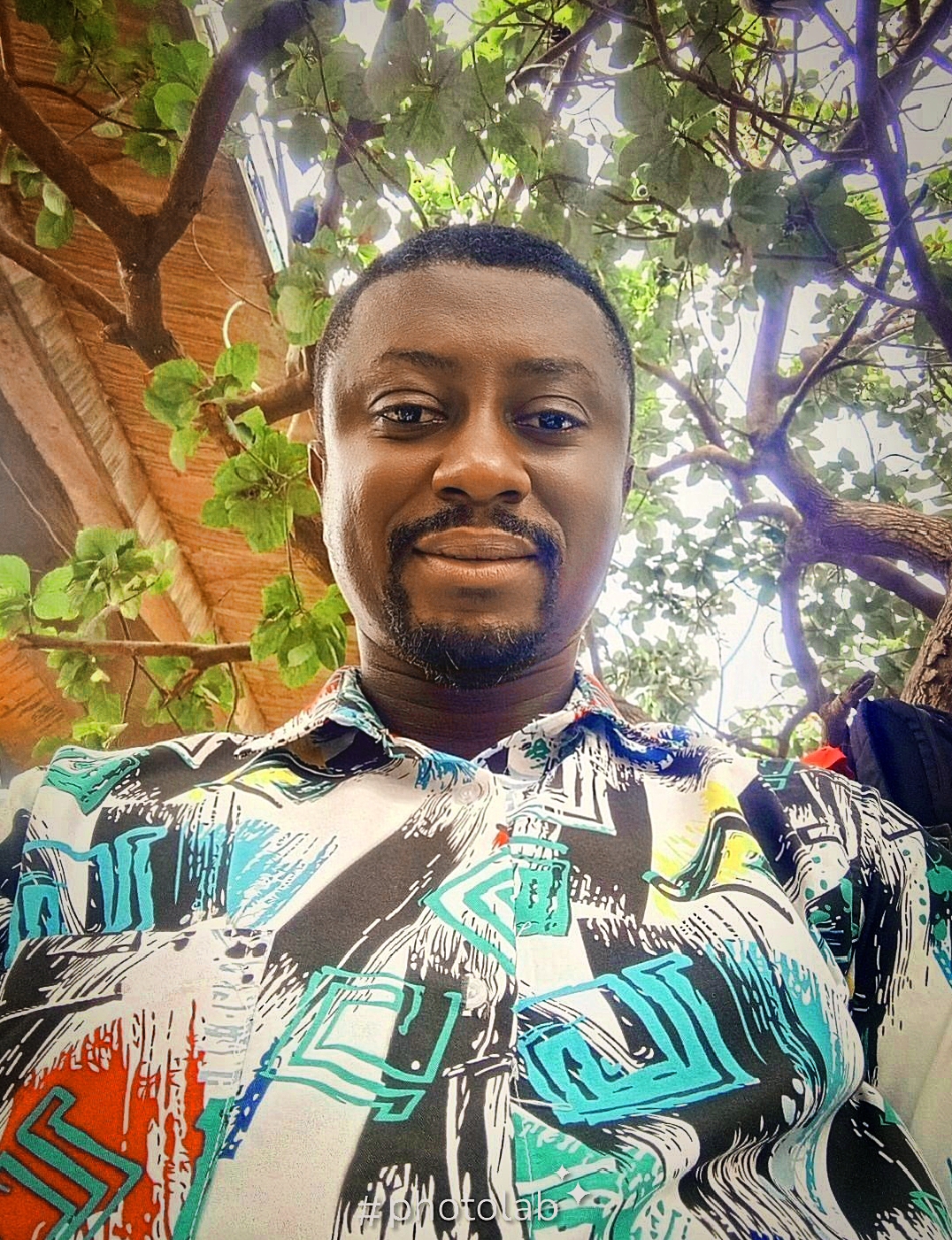
Enock Akonnor is a seasoned Ghanaian journalist, serving as CEO and Managing Editor for www.leakyghana.com. His gravitas, which is mirrored by many years of proven and enviable experience in the field of journalism has positioned him among the most sort after media practitioners in Ghana.
Contact: +233 541921562
Email: enockakonnor2013@gmail.com
